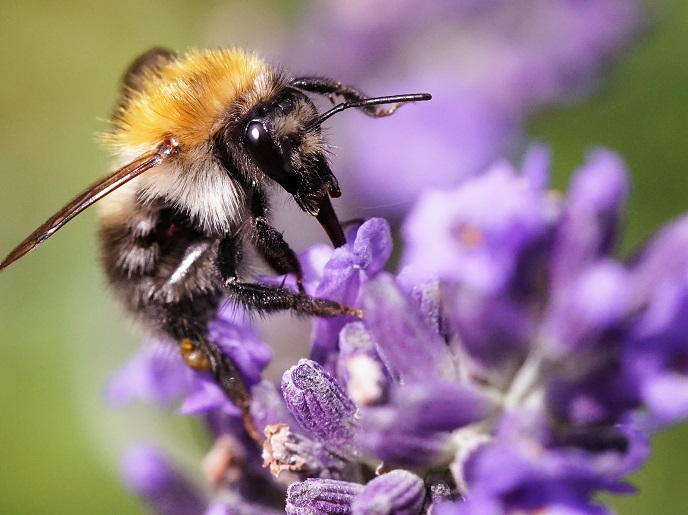Pollinators, biodiversity and sustainable development go hand in hand
A policy brief issued by the EU-funded Safeguard project highlights the importance of pollinators to the UN’s SDGs and vice versa. The paper was released as part of the 15th Conference of the Parties to the UN Convention on Biological Diversity held in Montreal, Canada, from 7-19 December 2022. As reported in a news item posted on ‘Newswise’, the paper was distributed at a side event of the UN Biodiversity Conference and was showcased at the European Commission’s stand. The side event ‘Pollinator protection: strengthening policies, knowledge exchange and engagement’ took place on 10 December and outlined the ongoing or new pollinator-related projects and initiatives that support the implementation of the International Pollinator Initiative. Bees, butterflies and other pollinators are essential to the survival of the human race and Earth’s terrestrial ecosystems. Quite simply, we cannot live without them. As part of Safeguard’s efforts to help Europe reverse its losses of wild pollinators, the policy brief highlights the essential role they play in achieving the SDGs through concrete research-based recommendations.
Pollinators, world hunger and life on land
The policy paper presents the results of an elicitation exercise involving a panel of 17 experts from around the world. SDGs were weighted based on their relevance to society. It also makes five recommendations to consider when formulating policies to support pollinators and help achieve the SDGs. In their recommendations, the Safeguard project team urges policymakers to synergise their policies for pollinators, biodiversity and SDGs. It suggests that pollinators should be included as a critical agricultural input in policies for SDG 2 (Zero Hunger) that focuses on eliminating hunger and malnutrition worldwide by 2030. It also proposes that policies targeting the restoration of terrestrial ecosystems (SDG 15, Life on Land) should “support concrete actions to protect and enhance diverse pollinator assemblages.” Insight is also provided on the relationship between pollinators and specific SDGs, and key targets linked to those SDGs. As reported in the brief, pollinating insects “play a critical role in Life on Land (SDG 15) and Zero Hunger (SDG 2). They are also linked to 58 of the 169 SDG targets across 14 of the 17 SDGs.” Highlighting the reciprocal relationship between pollinators and SDGs, the brief notes: “Pollinators contribute to at least 7 out of 17 SDGs and 11 out of 17 SDGs directly impact pollinators.” Last but not least, beyond SDG 2 and SDG 15, pollinators also contribute to other SDGs “in unexpected ways.” For example, they help achieve clean water and sanitation (SDG 6) by helping to maintain and restore healthy plant communities in water-related ecosystems. They also help to alleviate poverty (SDG 1) through their role in diversifying income streams by means of beekeeping and increasing yields. By increasing our understanding of what drives the decline of pollinators, and how this impacts our environment, economy and society, Safeguard (Safeguarding European wild pollinators) aims to play an important role in reversing the loss of wild pollinators in Europe. The project ends in December 2025. For more information, please see: Safeguard project website
Keywords
Safeguard, pollinator, Sustainable Development Goals, SDG, biodiversity, policy brief



